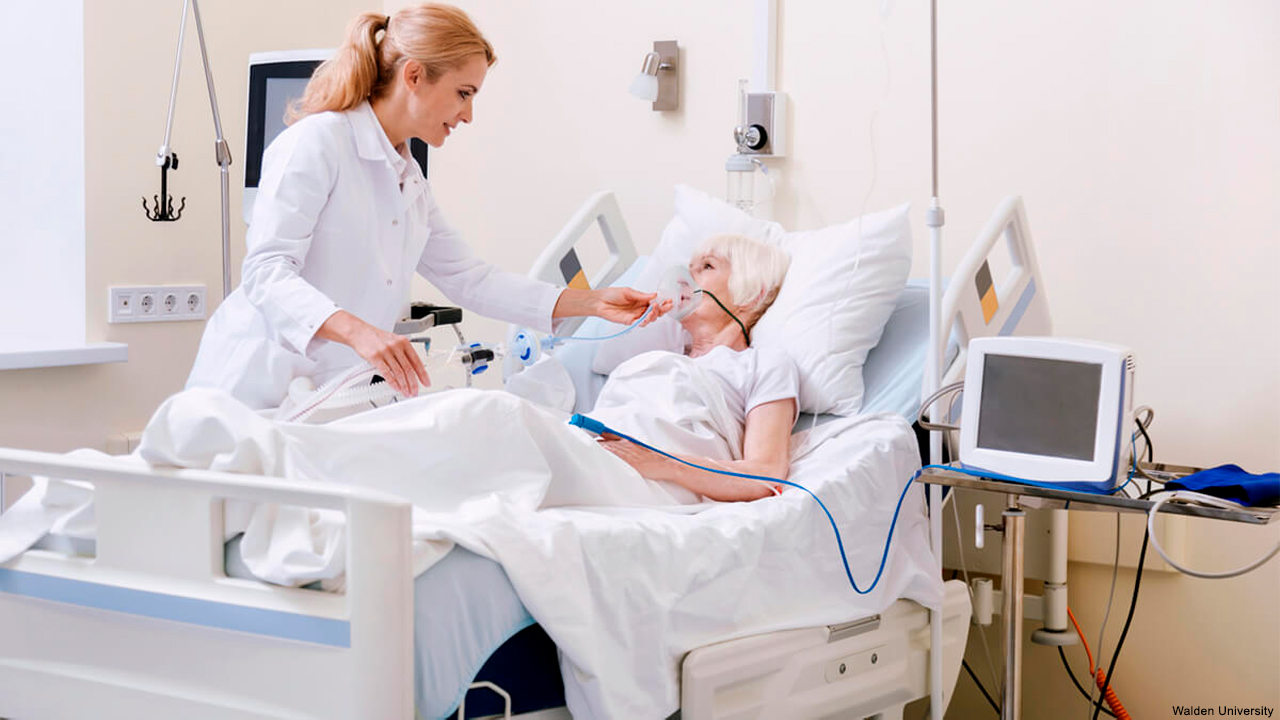Getting hospitalized can make you nervous but knowing what to do before, during, and after your hospital stay can give you a reason to stay calm, relaxed, and happy. It helps you stay safe with the ongoing best care delivery.
The information kit - You should prepare a kit - even if you don’t plan to go to the hospital anytime soon. This kit should include a list of your medications and dosages, diseases and medical conditions, allergies to medications or food, and the name and contact information of your physicians and caretakers.
Make several copies of these essential information papers because once you are in the hospital, you will give them to your doctors and caregivers. Be sure to leave the original documents at home.
Big role of caretakers - You should take the person you trust to make decisions on your behalf in case you are too sick to make them yourself. They can be with you during your stay at the hospital.
Always ask questions - One of the most important things you and your caretaker need to do during your stay at the hospital is to ask questions. These questions should address what medicines you are being given, which tests or procedures need to be done and the reason for doing them, and the mode of the treatment, recovery time, etc.
Keep moving for a speedy recovery – One of the major sets back of staying in the hospital is the patient gets weak, depressed, and loses strength because of the ongoing treatment. But we would like to say that keep moving unless there is a medical reason you are unable to do so. For every day you spend in bed, it may require four to five days of movement recovery after you leave the hospital, so continue moving to avoid needing that extra recovery time.
Be aware of Hospital Acquired Infections (HAIs) - Preventing infections is another way to stay safe while in the hospital, and hand-washing is key. Anyone who comes to visit you should wash their hands with soap and water or use hand sanitizer. Things (catheters, IVs) that are not required, ensure that they are removed. They can become a risk for infection.
Do ask about your discharge plan – You can ask the doctors about your discharge plan when you are getting ready to be released from the hospital. Don’t forget to take your discharge summary, it may include the whole aftercare from the hospital like what to do when you get home, what to do if you develop new symptoms, what symptoms to look for, and whom to call if any problems develop, who is your point of contact, how many follow up appointments you need, any tests that are to be done, etc.
These steps can help you have a safe stay at the hospital and result in a positive outcome for your hospital stay.

 Getting hospitalized can make you nervous but knowing what to do before, during, and after your hospital stay can give you a reason to stay calm, relaxed, and happy. It helps you stay safe with the ongoing best care delivery.
Getting hospitalized can make you nervous but knowing what to do before, during, and after your hospital stay can give you a reason to stay calm, relaxed, and happy. It helps you stay safe with the ongoing best care delivery.










.jpeg)



.jpg)





.jpeg)



.jpg)


.jpg)




.jpg)


